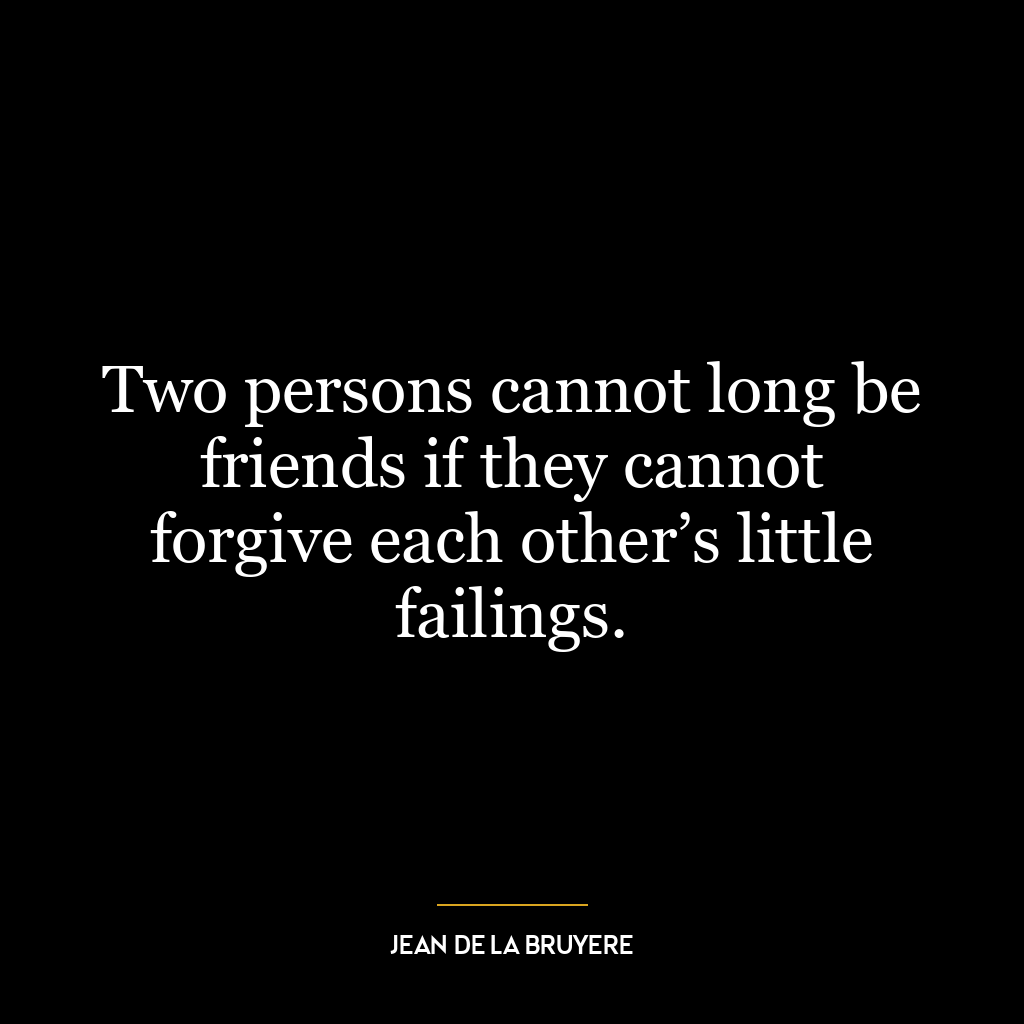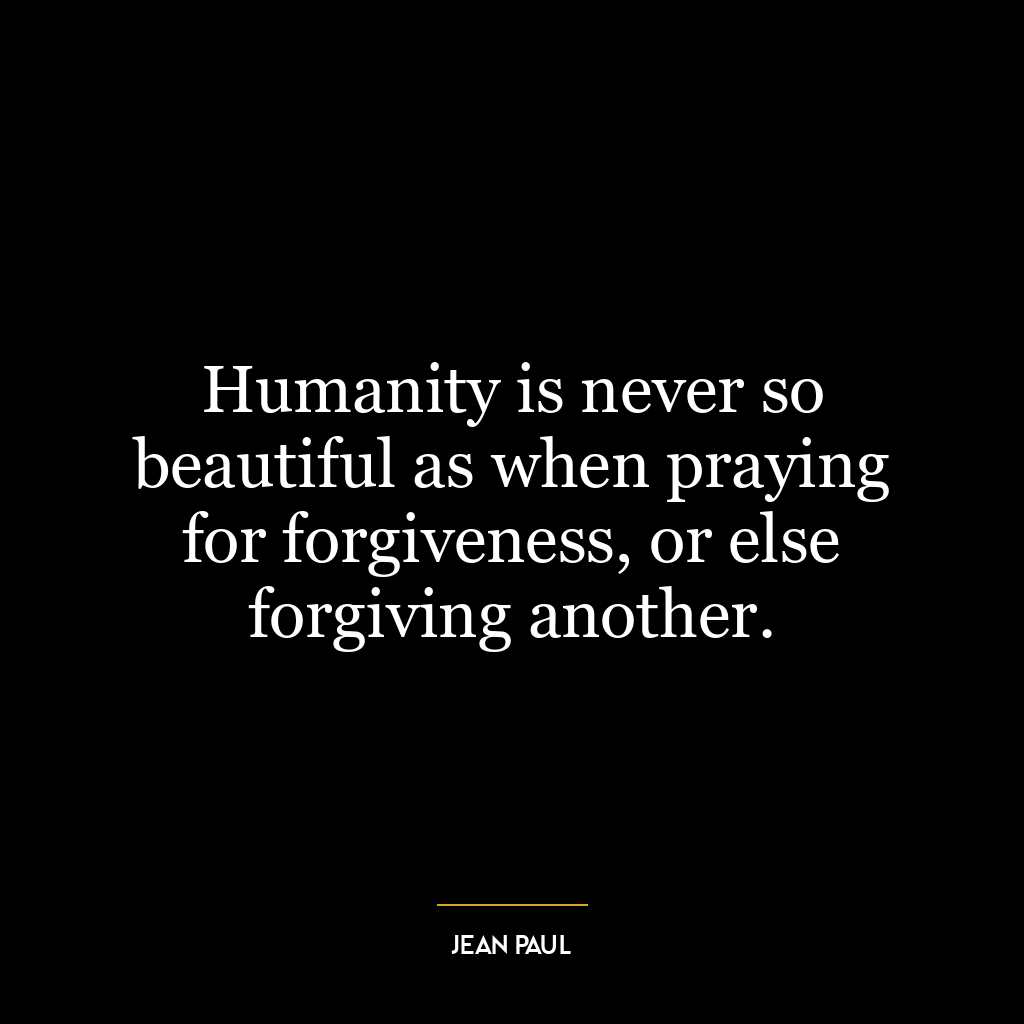There is no form of sinfulness to which you are addicted which Christ cannot remove.
This quote suggests that no matter the depth or nature of one’s transgressions, Christ has the power to eliminate them. It emphasizes the belief in Christian theology about Christ’s ability to forgive and cleanse individuals from all forms of sin. The addiction mentioned here can be understood as repetitive sinful behavior or habits that one finds hard to break free from.
The term ‘sinfulness’ is broad, encompassing not just actions traditionally seen as sins such as theft or violence but also harmful attitudes like greed, envy, and pride. The quote implies that regardless of how entrenched these behaviors or attitudes are in a person’s life, they are not beyond Christ’s transformative power.
Applying this idea in today’s world can be done by recognizing our flaws and seeking help to overcome them. While this quote is rooted in Christian faith, its principle can be applied universally for personal development purposes.
On a practical level, it encourages self-reflection and acknowledgment of personal shortcomings – the first step towards making positive changes. It also inspires hope because it assures us that change is possible regardless of how deeply ingrained our negative patterns may seem.
In terms of personal development, this could mean seeking professional help like therapy for addictive behaviors; practicing mindfulness and other techniques for anger management; learning empathy to combat prejudice; among others.
Moreover, it provides comfort during times when we struggle with guilt over past mistakes. By believing in the possibility of change (in this context through divine intervention), we allow ourselves room for growth and improvement rather than being stuck with guilt or regret.
So whether you interpret it religiously or secularly, the main takeaway from this quote could be: acknowledge your flaws without judgment; believe firmly in your capacity to change; seek necessary help/support; forgive yourself for past mistakes while learning from them – hence fostering resilience and continuous personal growth.








